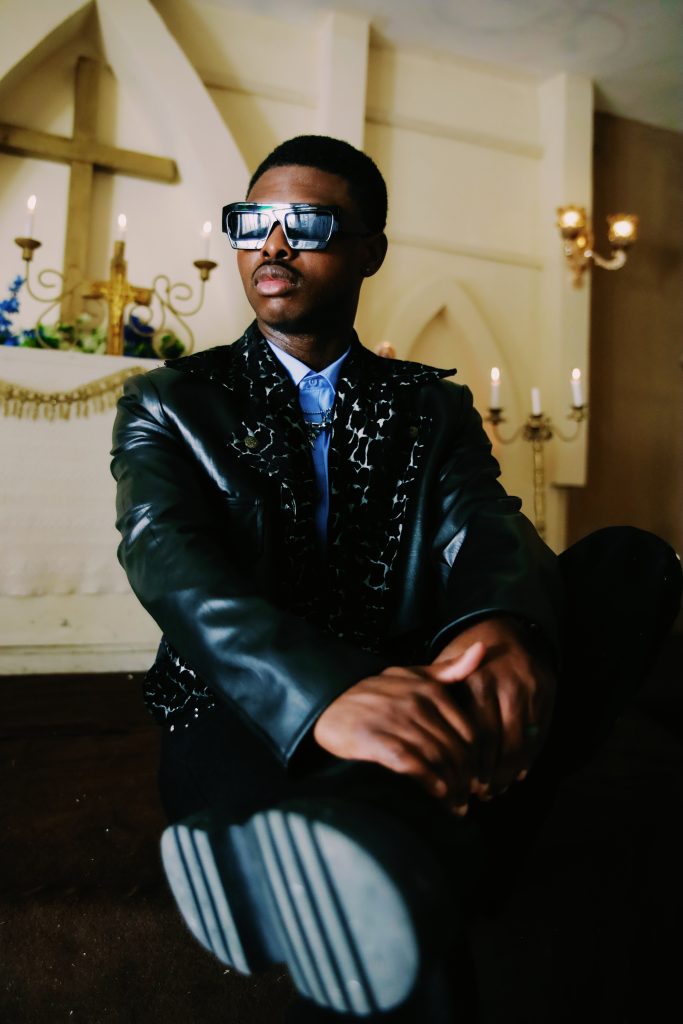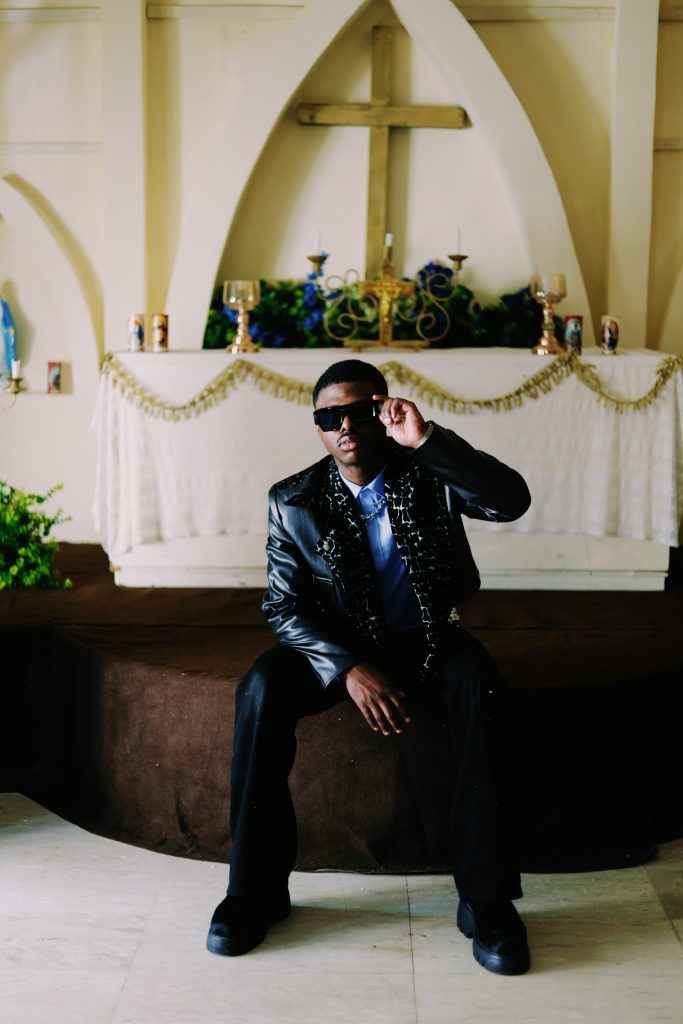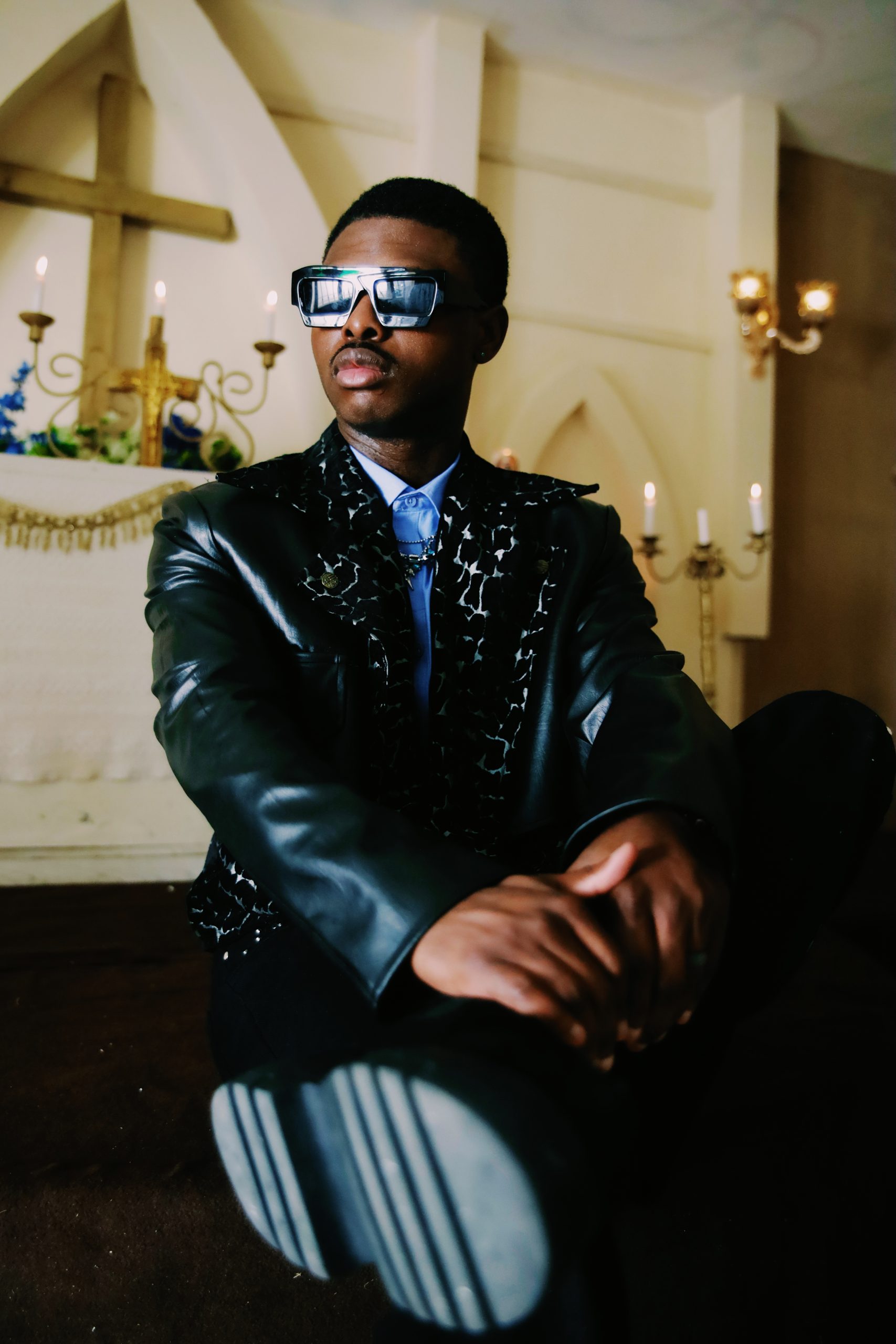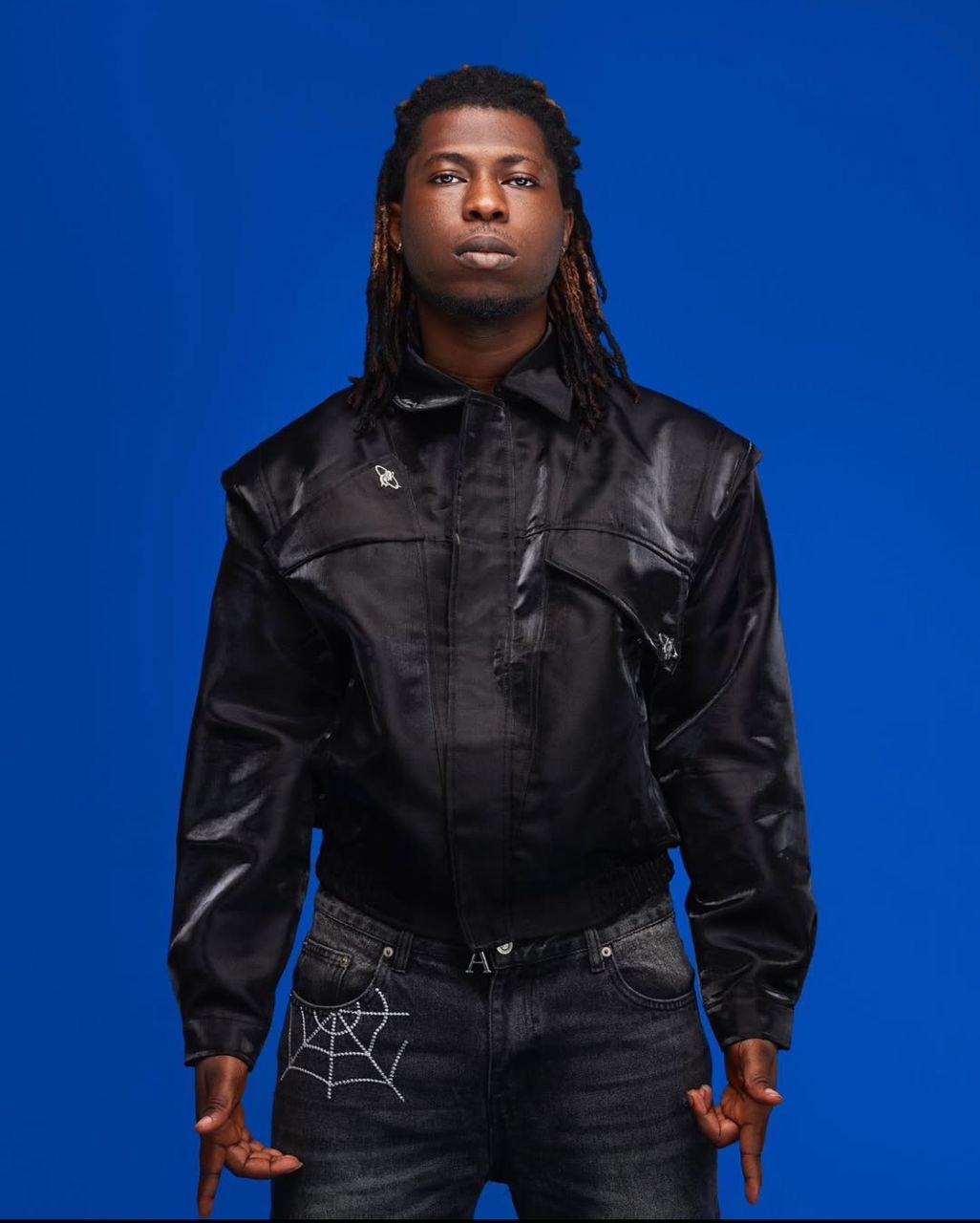
With Regina Askia, ajofé. returns to tackle a powerful and deeply personal narrative, one that resonates in many African households: the trauma of parental neglect in the name of societal conformity. The grungy yet soulful track opens with ajofé. reflecting on his adult life, weighed down by the pressures of seeking validation in places where peace is elusive. “Feeling sad that I’m living the way that I do, I’ve been running round the world seeking peace in places that are blue,” he sings, capturing the essence of a generational struggle.
In conversations about his upbringing, ajofé. acknowledges that while he had what many would consider the best parental care available in Nigeria at the time, the core issue goes beyond his individual experience. It’s a critique of the societal standards of parenting, where parents’ desires for their children to represent the family well often overshadow the child’s own interests. As he poignantly notes, children in this environment are molded into characters that serve their parents’ egos rather than their own aspirations. This creates a deep-seated pattern of people-pleasing, as reflected in the line, “they say aboi, you too dey care for people wey no send you.”
In the first verse, ajofé. traces the roots of his people-pleasing tendencies, culminating in the realization of the “savior mentality” that he has been conditioned to adopt. This revelation serves as a melodious segue into the chorus, where ajofé. deftly touches on the various issues that African children are taught to prioritize—religion, societal appearance, and family reputation—versus the struggles they quietly endure. He references Ojima Jesus (religion), Gorimapa (the pressure to conform to societal standards like cutting your hair to appear neat), and Dekina Agba (respecting your community, no matter how they treat you), weaving these themes into the song with poetic grace. Regina Askia, the track’s namesake, represents the taboo of discussing sensitive topics like romantic feelings with parents, especially in conservative households.
The second verse takes the story even deeper, using a poignant analogy to highlight the struggles of LGBTQ+ children growing up in such rigid environments. “Aboi and girl they dancing together, the boy e like the girl for life, they give birth to a child, he grew up a boy, he say him na girl, now dem scatter the house.” This verse speaks to the denial of identity, the immense pressure to conform, and the inevitable family breakdown when these children finally come out. It’s a stark reminder of how identity suppression can fracture homes and perpetuate blame.

Regina Askia is undeniably one of ajofé.’s heaviest and most compelling deliveries of 2024. Yet, true to his form, he masterfully tells this profound story while maintaining his signature sound—an intoxicating mix of Nigerian street slang, rich baritone vocals, and ear-catching pitch variations. This track is poised to be a standout addition to any Afro swing, Alte, or major Afrobeat playlists, offering both thought-provoking content and a sound that captivates.




